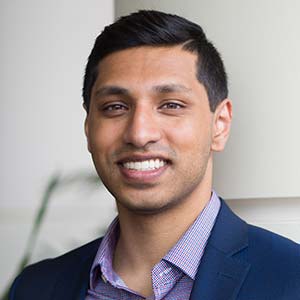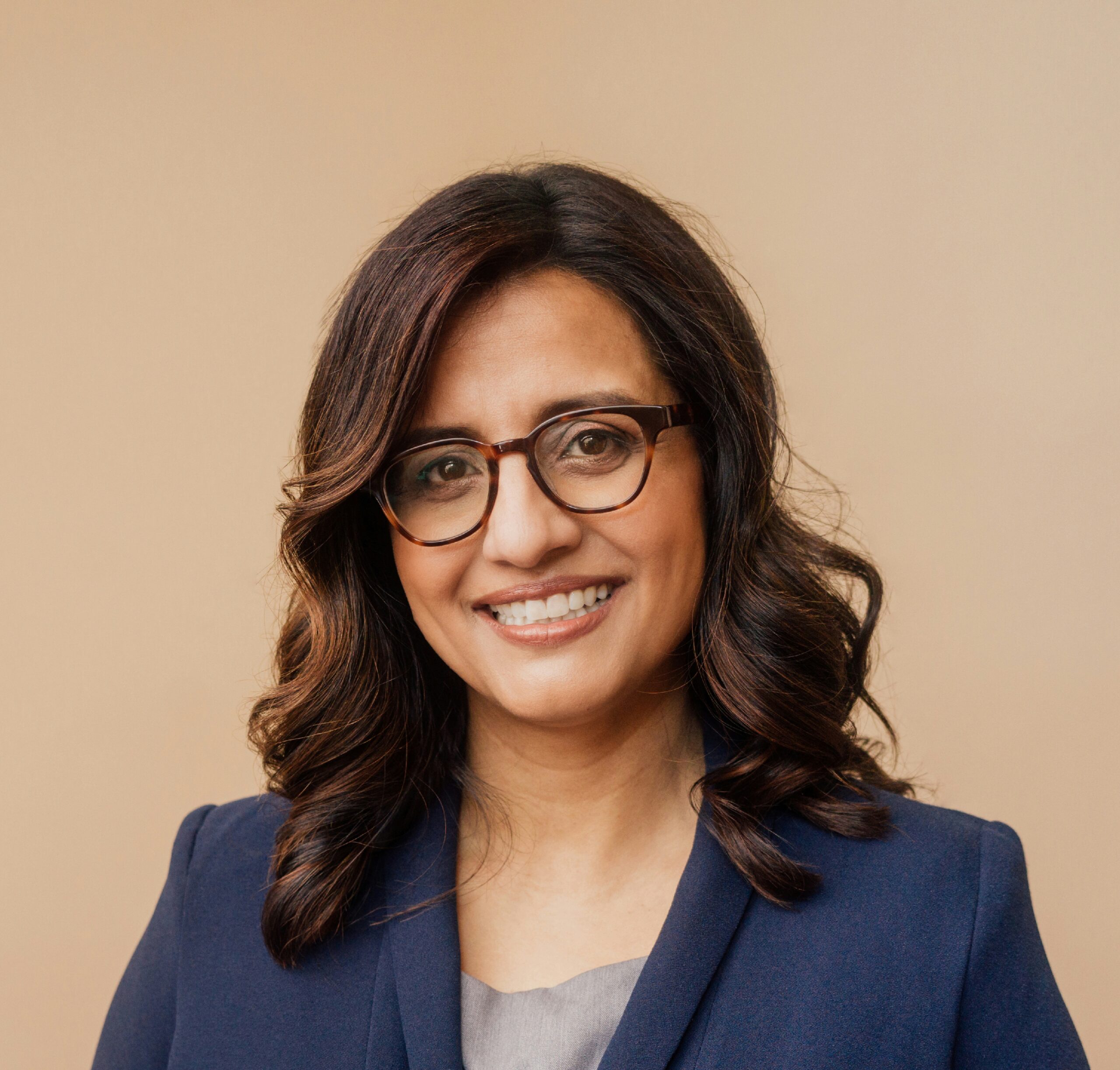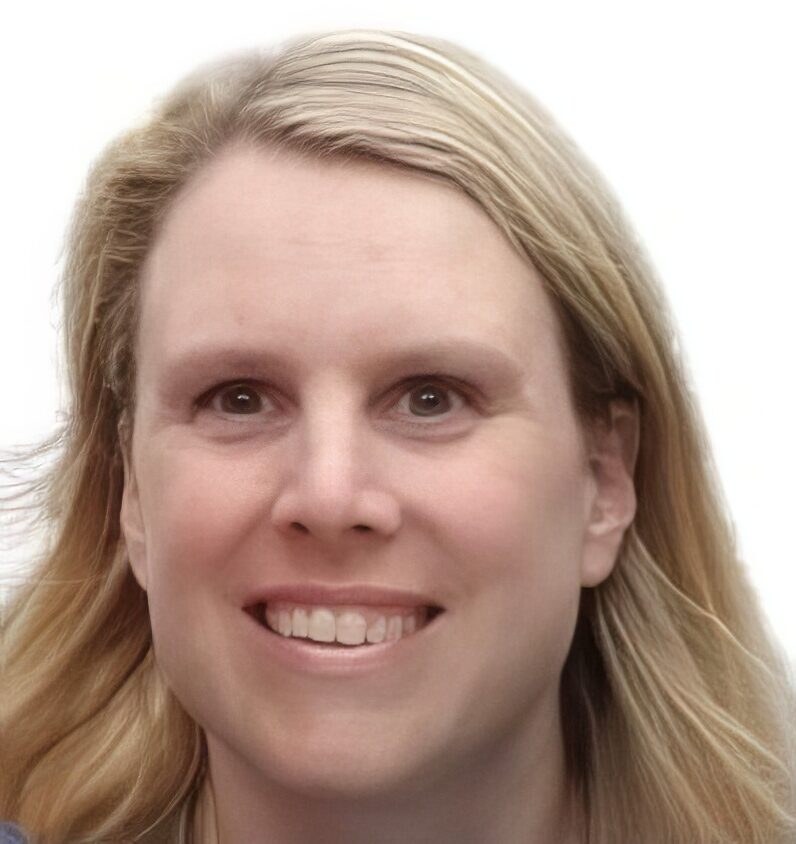Takeaways, reflections and resources for Medical Staff 

Late last year, Dr Vishal Varshney and guest panelists joined together in a province-wide event to address the stigma of medical staff taking leave amidst moral injury. They reflected on first-hand experiences and shared several supports and resources for physicians and other medical staff who would like to take leave.
The event was sponsored by the Providence Health Care Physicians & Surgeons Society People Pillar, with funding from SSC Facility Engagement.
DR. VISHAL VARSHNEY – HOSTAnesthesiologist, Physician Consultant Lead, People Pillar Medical Staff Advisory Committee – Providence Health Care
|
 |
DR. DAISY DULAY, GUEST PANELISTCardiologist, Medical Co-lead for SSC Spreading Quality Improvement, Medical Director of Patient Safety and Quality – Island Health Dr. Dulay shares insights from her own medical leave experience, and lessons to reduce the stigma for physicians in need of help for mental health. Reflections: “If you’re thinking you need to leave, you probably should take it. Your family will thank you for it, and your patients will too. As professionals we will self-flagellate ourselves. But it’s really important that we recognize that when we’re hurt, we need to take the time to heal ourselves. The things that we see can be trauma inducing. If we need that break, it’s okay.” “I hope people feel like you’re not alone. This is a community of physicians in our province, and there’s people that can help you, regardless of your situation.” “It is possible to see the other end. I’m now on the other side where I feel like I’m thriving and heading towards flourishing. I’m feeling belonging, valued, connected, courageous – and have compassion for myself and others.” |
 |
DR. TANYA FAIRWEATHER – GUEST PANELISTFamily Physician and Medical Advisor at WorkSafe BC, and part of the mental health claims unit Dr Fairweather provided practical advice and highlighted WorkSafeBC supports for medical staff who may be experiencing stress and need to take leave from the workplace. Reflections: “Reaching out to a professional will help you give some unbiased advice as to what the next steps can be to support you for what you need.” |
 |
MS. TAM AKEY – GUEST PANELISTDirector of Occupational Health and Safety, Providence Health Care Ms. Akey reviewed a number of mental health resources available through Providence Health care for medical staff.
|
 |
DISCUSSION Q & As
RESOURCES DISCUSSED
· Physician organizations
- CMPA physician health program
- BC College of Physicians and Surgeons
- Doctors of BC Physician Health Program
Worksafe BC
- Deconstructing Stress Leave (WorkSafeBC) BCMJ
- Physician Guide to WorkSafeBC Registration and Insurance Coverage | WorkSafeBC
- Personal Optional Protection – WorkSafeBC
- Frequently asked questions: Mental disorder claims | WorkSafeBC
Providence Health Care
- Adler Counseling Services
- Medical Practitioners Occupational Safety and Health (mPOSH)
- Providence Online self care resources:
- PHC Thrives and Wellness on PHC connect
- Webinar series on PHC Thrives – recordings on a variety of topics including:

